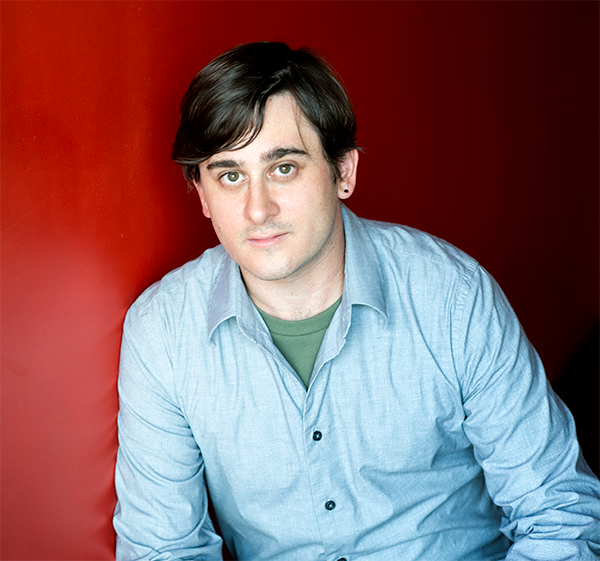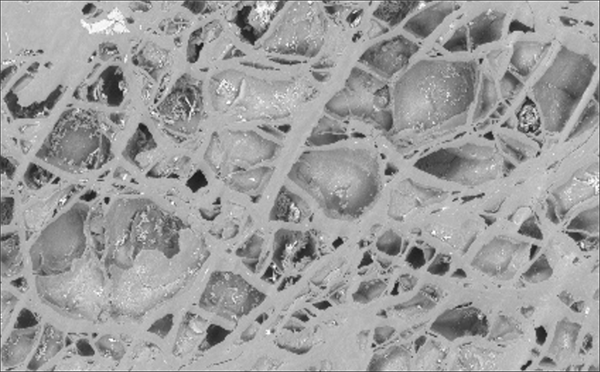[Press Release]
Specially Appointed Associate Professor Liam M. Longo of the Earth-Life Science Institute (ELSI) at the Institute of Science Tokyo was awarded a prestigious Human Frontiers Science Program (HFSP) grant to study the origin of life. The research project explores the possible role of porous mineral environments in the emergence of life’s chemistry. The international research team focuses on the interplay between organic cofactors (biomolecules that work with enzymes) and primitive peptides within geochemical settings.

During the earliest stages of life on Earth, geochemical reactions arranged themselves into self-sustaining networks. In contemporary biology, these reaction networks are under the control of biomolecules known as cofactors or vitamins. Cofactors, which are present in all organisms, are the molecular keys to new types of chemistry and many enzymes rely on cofactors to catalyse reactions. Compared to enzymes, however, cofactors are fairly small and simple, and many consider cofactors to be relics of a time before complex enzymes. Yet, the production of complex biomolecules within a self-sustaining, abiotic reaction cycle has never been demonstrated. In other words, the transition from unconstrained geochemistry to a life-like reaction system remains a mystery. The team argues that the ternary interactions of cofactors, porous minerals or metals, and primitive peptides (small “pieces” of enzymes) hold the key to controlling prebiotic reactions. Using this perspective, the team will attempt to build a self-sustaining reaction network that produces the very compounds it needs to sustain itself.
The team will tackle this goal from three different perspectives by investigating the catalysis of key metabolic reactions at mineral surfaces, the chemistry of porous environments, and by resurrecting ancient enzymes. Together, the team will leverage a unique combination of interdisciplinary expertise, including experimental geochemistry, enzymology, and numerical modelling. “Our goal is to understand how a pre-cellular assembly line could create the simple catalysts it needs for its own continuation. If we can do this, we can shed new light on the origins of metabolism, and the origin of life itself” said Liam M. Longo.
The members of the research team are Martina Preiner (MPI for Terrestrial Microbiology), Cole Mathis (Arizona State University) and Liam M. Longo (ELSI). The team’s application went through a rigorous year-long selection process in a global competition that started with 111 groups. The team’s proposal was ranked among the top 5 applications.

Preiner, Mathis, and Longo will explore how to increase chemical complexity in these labyrinthine geochemical settings. Credit: Martina Preiner
Thilina Heenatigala
Director of Communications
Earth-Life Science Institute (ELSI),
Institute of Science Tokyo
E-mail: thilinah@elsi.jp
Tel: +81-3-5734-3163
Specially Appointed Associate Professor
Earth-Life Science Institute (ELSI),
Institute of Science Tokyo
E-mail:llongo@elsi.jp
